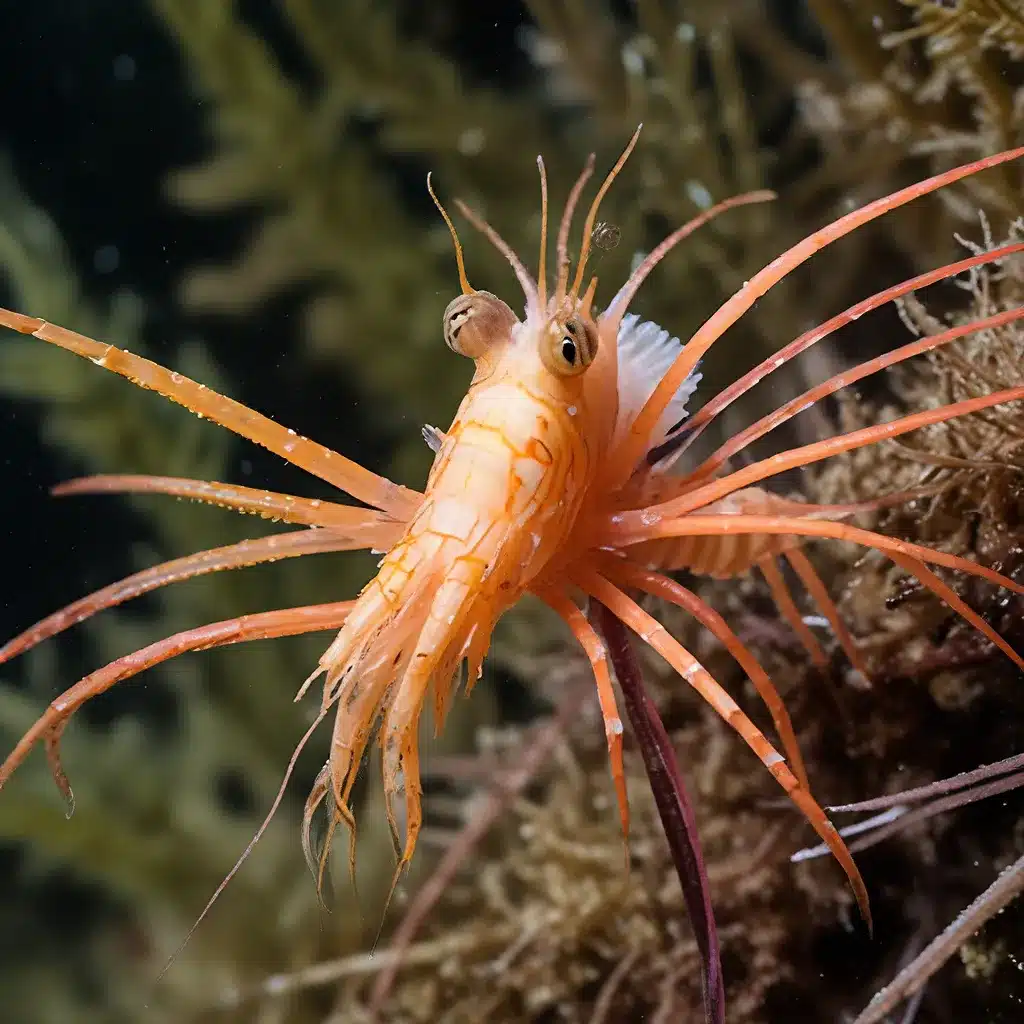
The Vital Role of Reef Shrimp in Coral Reef Ecosystems
Reef shrimp, often referred to as the “janitors of the sea,” play a crucial role in maintaining the health and balance of coral reef ecosystems. These small yet remarkable creatures are not only fascinating to observe, but they are also essential for the well-being of their underwater habitats. In this article, we will delve into the diverse world of reef shrimp, exploring their unique species, their vital roles within the ecosystem, and how to care for them in a home aquarium setting.
Reef Shrimp Species and Their Ecological Significance
Reef shrimp come in various species, each with its own distinct characteristics and functions within the reef ecosystem. Among the most popular and ecologically important are the cleaner shrimp (Lysmata amboinensis) and the peppermint shrimp (Lysmata wurdemanni).
The cleaner shrimp, scientifically known as Lysmata amboinensis, is perhaps the most well-known species. These shrimp are famous for their mutualistic relationship with fish, where they provide cleaning services by removing parasites and dead tissue. This behavior is crucial for the health of many reef fish, making cleaner shrimp an indispensable part of the reef community. With their striking red and white stripes and long white antennae, cleaner shrimp are easily recognizable and a delight to observe.
Another important species is the peppermint shrimp, Lysmata wurdemanni. These shrimp are known for their role in controlling pest populations, particularly the invasive Aiptasia anemones that can overrun coral reefs and home aquariums. With their translucent bodies adorned with red stripes, peppermint shrimp are both effective cleaners and attractive additions to any reef tank.
The Symbiotic Relationships of Reef Shrimp
Reef shrimp play several critical roles in maintaining the balance and health of coral reef ecosystems. Their interactions with other marine organisms and their cleaning habits are essential for the overall well-being of the reef.
Mutualistic Relationships
Many reef shrimp engage in mutualistic relationships with fish and other marine creatures. For instance, cleaner shrimp set up cleaning stations where fish come to have parasites removed. This mutually beneficial relationship allows both parties to thrive – the shrimp get a steady food source, and the fish receive essential grooming that helps them stay healthy and free from infections.
Pest Control
Reef shrimp are also known for their ability to control pest populations. The peppermint shrimp, for example, are natural predators of the Aiptasia anemone, which can cause significant harm to coral reefs by outcompeting native species for space and resources. By keeping these pests in check, peppermint shrimp help preserve the delicate balance of the reef ecosystem.
Caring for Reef Shrimp in Home Aquariums
For marine aquarium enthusiasts, keeping reef shrimp can be a rewarding experience. However, it’s essential to understand their specific needs to ensure they thrive in a home setting.
Replicating the Natural Habitat
To successfully keep reef shrimp, it’s vital to mimic their natural habitat as closely as possible. This includes maintaining proper water conditions, such as a stable pH level, adequate salinity, and clean, well-filtered water. Providing plenty of hiding places, such as live rock and coral, is also crucial for their well-being.
Feeding and Compatibility
Reef shrimp are generally easy to feed, accepting a variety of foods, including brine shrimp, mysis shrimp, and specially formulated marine pellets. When it comes to tank mates, reef shrimp are typically peaceful but can become prey to larger, more aggressive fish. Selecting compatible tank inhabitants is essential for their safety and longevity.
Breeding Challenges
Breeding reef shrimp in captivity can be a fascinating and rewarding endeavor. However, it requires careful attention to detail and a suitable environment for the shrimp larvae. Providing a separate breeding tank with optimal conditions and plenty of microalgae can increase the chances of successful reproduction.
Appreciating the Vital Roles of Reef Shrimp
Reef shrimp are remarkable creatures that contribute significantly to the health and balance of coral reef ecosystems. By understanding their diverse species, ecological roles, and care requirements, we can better appreciate the intricate and interconnected nature of marine life.
Whether you’re a seasoned aquarist or new to the hobby, incorporating reef shrimp into your aquarium can enhance the health, biodiversity, and aesthetic appeal of your underwater oasis. By maintaining the proper care and conditions, you can enjoy the beauty and functionality of these fascinating “janitors of the sea” and their invaluable contributions to the marine ecosystem.
To learn more about aquarium care, aquascaping techniques, and water management, explore our comprehensive guides and expert advice on our website.

